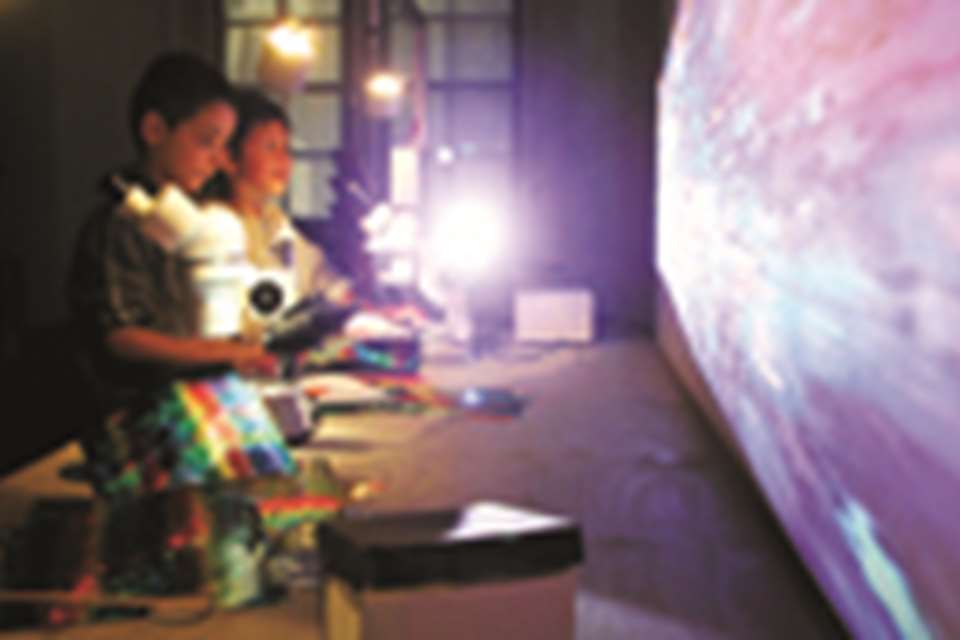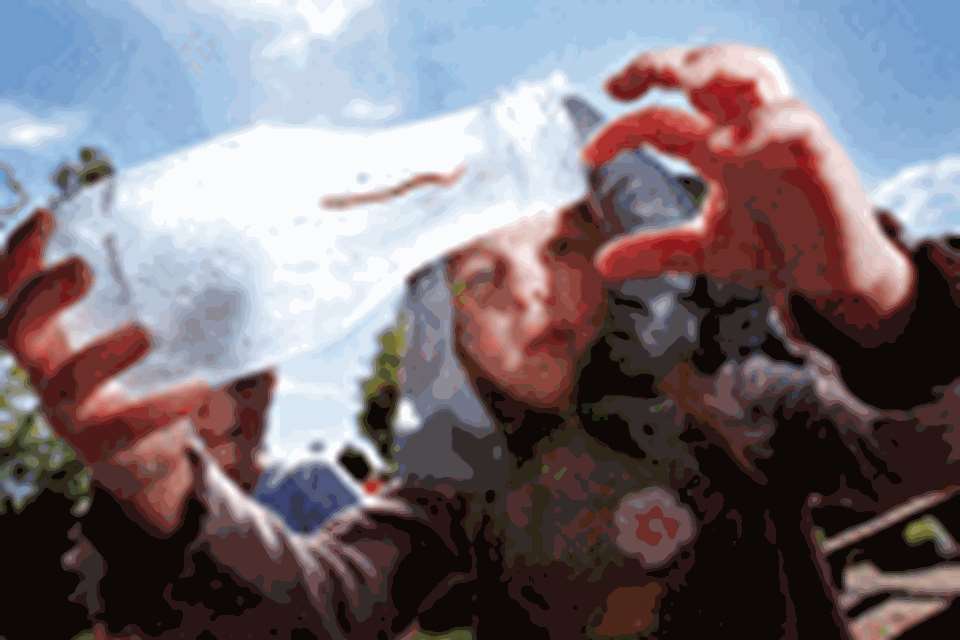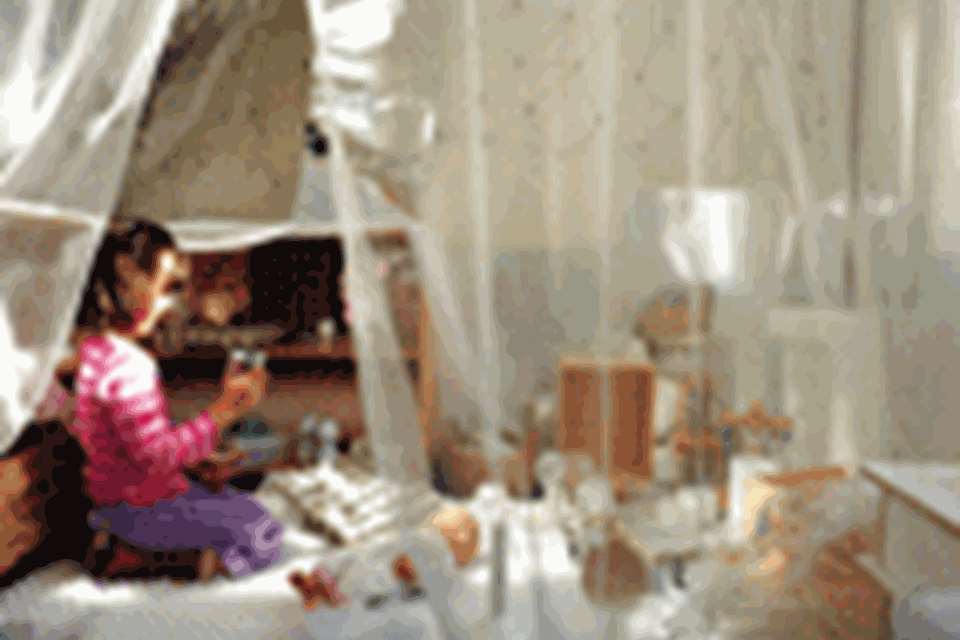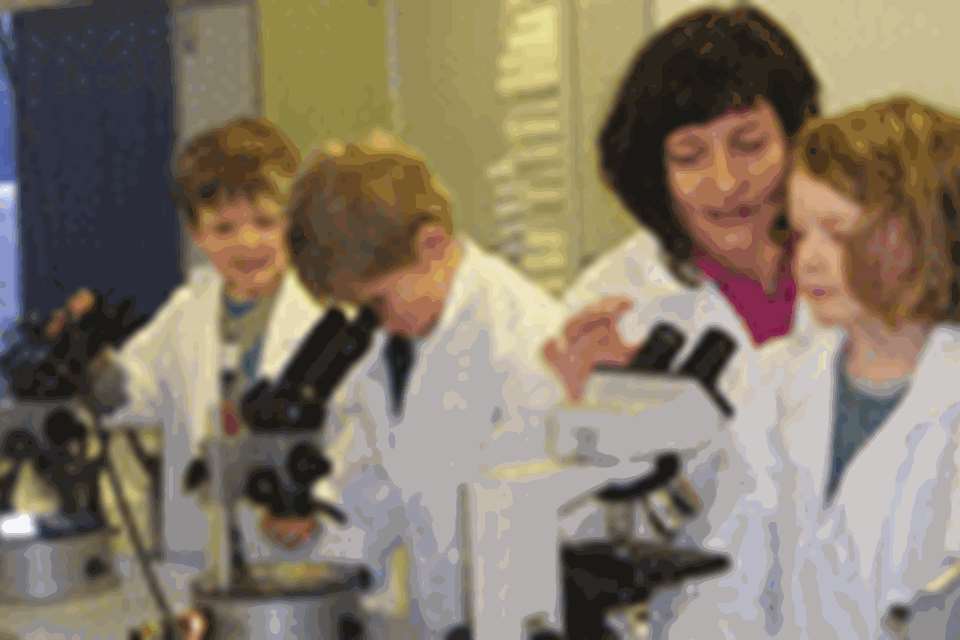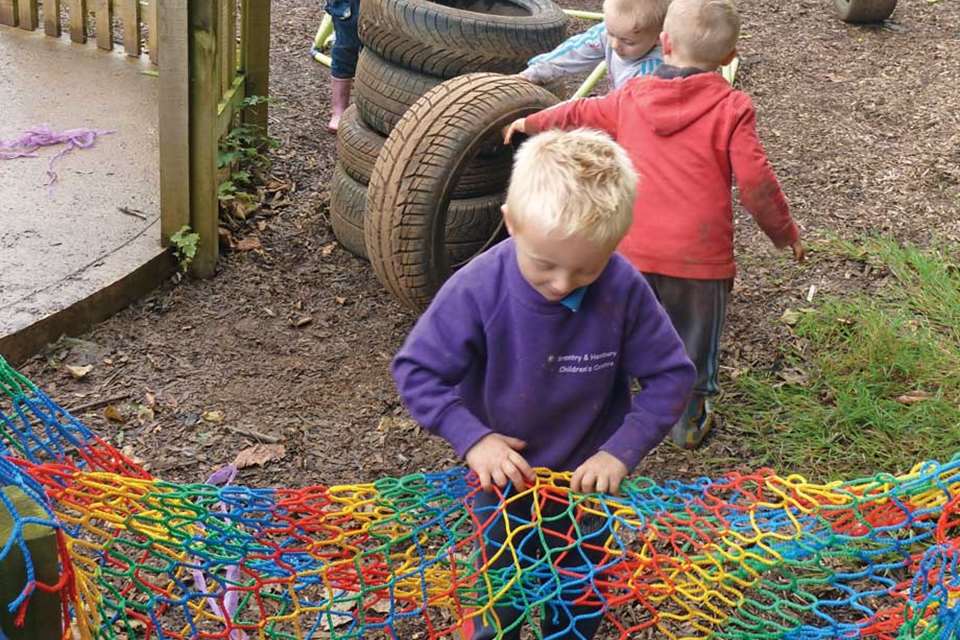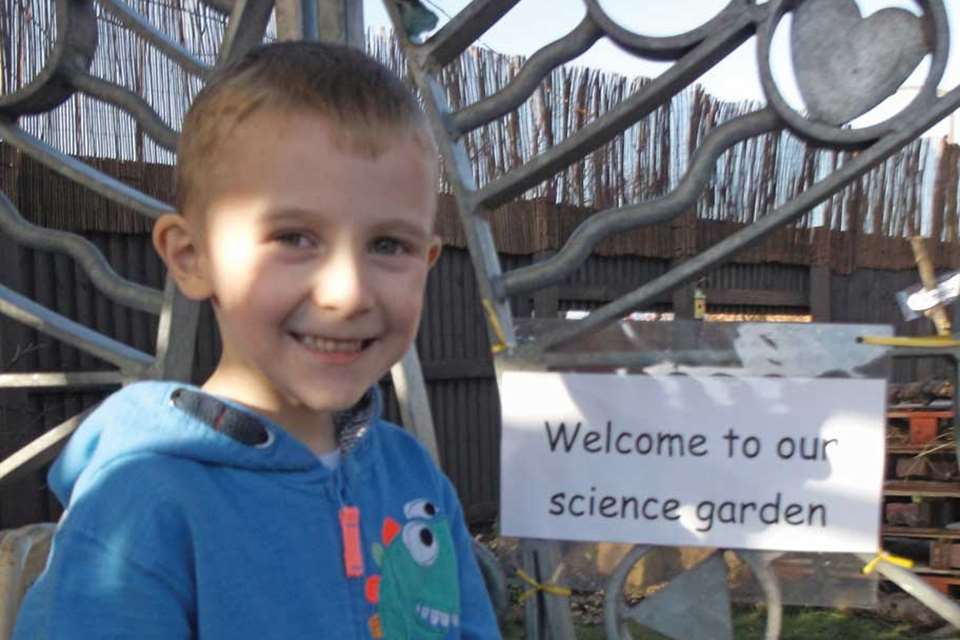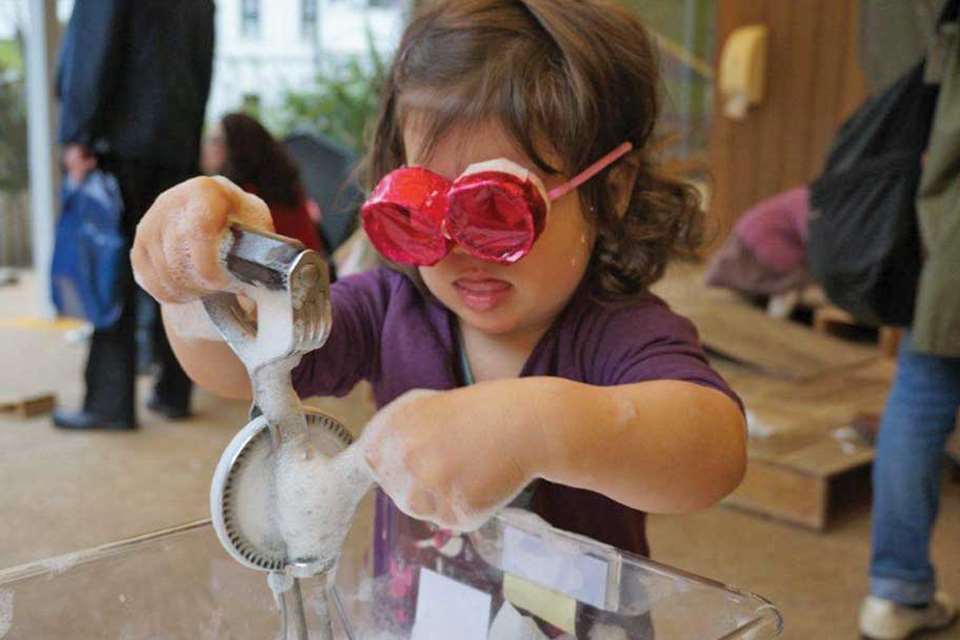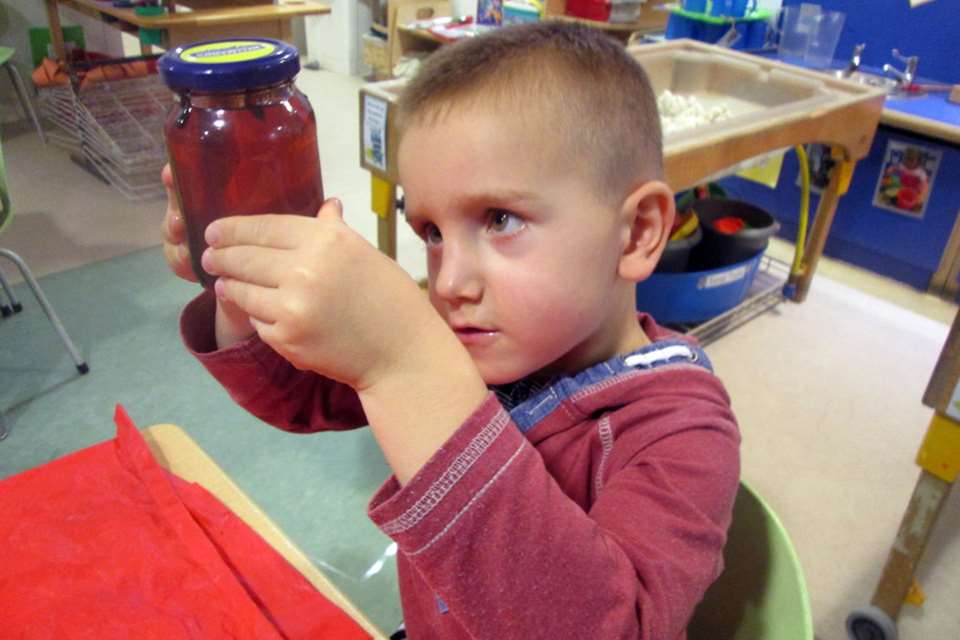Learning & Development: STEM - Future-proof
Annette Rawstrone
Monday, April 3, 2017
How nurseries are embracing science, technology, engineering and maths. By Annette Rawstrone
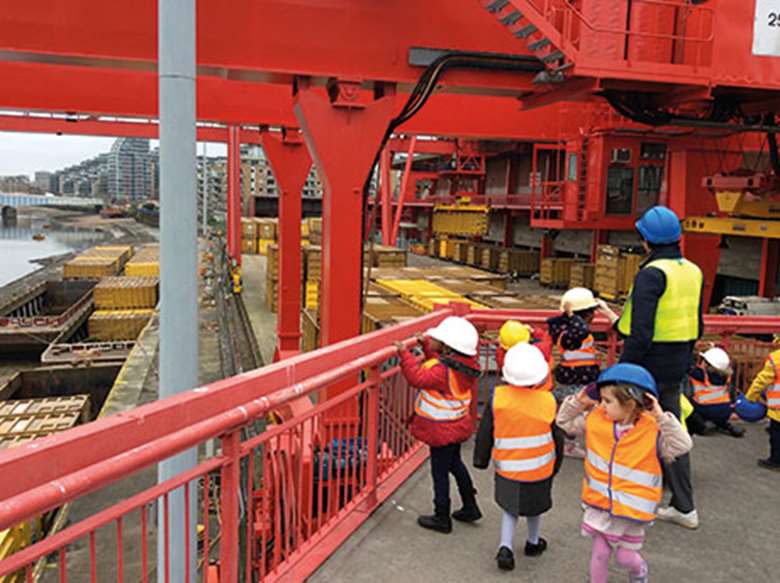
STEM – science, technology, engineering and mathematics – pervades our lives. It’s widely recognised that it’s important to interest and educate children in these areas and work towards closing the gender and ethnic gap often found in STEM professions. Despite this, these are subjects that many early years practitioners shy away from, but staff at Effra Nursery School in Brixton, south London, are making a concerted effort to embrace STEM and are inspiring the children to get hands-on and investigate.
The initiative – which started in September last year – is being led by nursery teacher Stella Carefull, who recognised that while the nursery was strong in mathematics, it was lacking focus when it came to science, technology and engineering. ‘I believe in the importance of having positive role models and it fills me with dismay that the girls that I work with are increasingly aspiring to be princesses. I feel it’s important to show children the world and open their options,’ she says. ‘Unfortunately, a lot of focus is on teaching STEM in secondary schools and not with early years children. We’re based in a mixed area with children from all backgrounds and I want them to understand from an early age that it’s not only white, middle-class males who can achieve in STEM.’
Finding images of role models has not been easy – even resources at the Science Museum were male-dominated. Another barrier is that in the female-dominated early years world, many practitioners can be nervous of tackling STEM. ‘I’d urge practitioners not to be daunted,’ Ms Carefull says. ‘Resources are easily available and you need to have confidence that even if you’re not strong in these areas, you will know more than the children who are excited to learn.’
TO THE MOON AND BEYOND
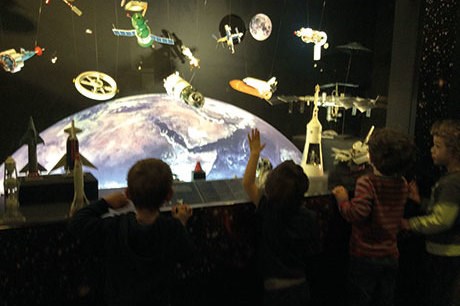 Staff kicked off the autumn term and the STEM focus with a space project. ‘At first the children talked about aliens living on the moon, which was a good way into the subject. We were able to talk to them about how, as far as we know, there are no aliens there,’ says Ms Carefull.
Staff kicked off the autumn term and the STEM focus with a space project. ‘At first the children talked about aliens living on the moon, which was a good way into the subject. We were able to talk to them about how, as far as we know, there are no aliens there,’ says Ms Carefull.
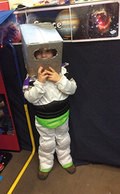 They shared short films about outer space from YouTube, used digital education resources from Espresso and read fiction and non-fiction books. Using the internet to research what astronauts need and what it is like on the moon enabled the children to use technology. These investigations encouraged them to engage in space-themed role play. They helped to make a space ship in their classroom, created oxygen tanks from empty bottles and covered wellies in tin foil and silver paint for space boots.
They shared short films about outer space from YouTube, used digital education resources from Espresso and read fiction and non-fiction books. Using the internet to research what astronauts need and what it is like on the moon enabled the children to use technology. These investigations encouraged them to engage in space-themed role play. They helped to make a space ship in their classroom, created oxygen tanks from empty bottles and covered wellies in tin foil and silver paint for space boots.
‘The children were amazed that people have actually gone to the moon in rockets,’ Ms Carefull says. Staff arranged a trip to the Science Museum in London in order for them to see real rockets and find out more about the solar system. Months later, children can still name all the planets and explain that nothing can live on Uranus because it’s too cold.
‘The topic was accessible to everyone and it was amazing how the three- and four-year-olds were enthused by it,’ Ms Carefull recalls. ‘Looking at the moon led to us discussing craters, which then led to us investigating volcanoes and dinosaurs. Ideas flowed.’
They watched a film about volcanoes and staff set up a simple experiment to create their own volcano using baking soda and vinegar. ‘The children love cause-and-effect activities and they shrieked with excitement when the volcano erupted,’ she says. They are now planning on conducting an ‘ice volcano’ experiment.
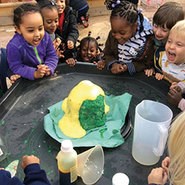
Children and practitioners talked about what might have happened to make dinosaurs extinct and went on a trip to the nearby Horniman Museum to see its prehistoric garden.
WASTE NOT
Talking about planet Earth led on to discussing how to protect it and the importance of recycling. Effra Nursery School holds a Green Flag from Keep Britain Tidy and does a lot of work on gardening and recycling, including having a compost and wormery. But it was decided that awareness of recycling needed a boost among staff and children alike. This subject was made the nursery focus for British Science Week in March.
They received a visit from a theatre company which performed Funky Junk, a show about recycling, and introduced ideas about looking after the planet and sorting materials. Children looked at the properties of different materials and took part in sorting activities, using lots of maths concepts and language such as counting, matching, sorting, weighing and predicting. Children were fascinated to use magnets to test whether items were metal and investigated magnetism, intriguingly finding out that aluminium is not magnetic.
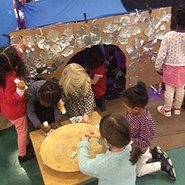
They also asked a lot of questions about waste and recycling – questioning where rubbish goes when we throw it away and what happens to it. This led staff to organise a visit to their local recycling centre so that children could put into context what they were learning. ‘It was a brilliant trip,’ says Ms Carefull. ‘The children got to wear hard hats and hi-vis jackets and see large engineering in a working environment – the big conveyor belts, huge machinery and cranes lifting containers and putting them on barges were spectacular.’
BUILDINGS AND BIOLOGY
In the summer there is going to be a bus trip to London’s South Bank so the children can study the different engineering of the structures there. They will be able to compare traditional stone bridges with the steel Millennium Footbridge, see the London Eye and contrast the 1950s Southbank Centre with modern skyscrapers, such as The Shard. They will also see boats and consider why they don’t sink.
Back at the nursery, they will be getting hands-on with biology and investigating lifecycles – hatching eggs in an incubator, visiting a pond to see tadpoles and raising butterflies from caterpillars.
Children will also be gardening. ‘Actually seeing lifecycles is like witnessing a miracle and really puts excitement into learning. The children love to watch plants and creatures grow and it’s bringing science to life for them,’ says Ms Carefull.
‘I hope that our children go on to great things in their lives and feel that everything is open to them, not closed off because of their ethnicity or gender.’
CASE STUDY: KIDZONE CRANWELL
Reading about coding for girls started manager Nikki Batt thinking about how they could incorporate more of a STEM approach into their practice at Kidzone Cranwell in Lincolnshire.
‘We realised that we were lacking in resources and children’s targets in areas such as maths and science, areas that many early years practitioners feel less confident with practising,’ she says. ‘It is going to take time to become the norm and we’re learning as we go along, but we’re now adding STEM-related activities to our targets in order to stimulate play and learning in different areas.’
The nursery is located on an RAF base and is fortunate to have the support of the RAF’s STEM co-ordinator. They have also found many useful online resources (see further information), but the challenge is adapting ideas to make them appropriate for younger children.
They are planning a fun STEM challenge event for practitioners as a team-building exercise. It aims to generate ideas and resources and help them to become more confident in challenging children with activities such as sequencing and algorithms. ‘In the future workforce, IT, engineering and technology will be massive and we want our children to be enthused and also challenge common perceptions that these roles are for men,’ says Ms Batt.
‘Certainly the pre-schoolers are already fascinated by their explorations. They recently took a vacuum to pieces to see what was inside and were all jostling to get a look.’
MORE INFORMATION
Espresso, www.discoveryeducation.co.uk
www.littlebinsforlittlehands.com


